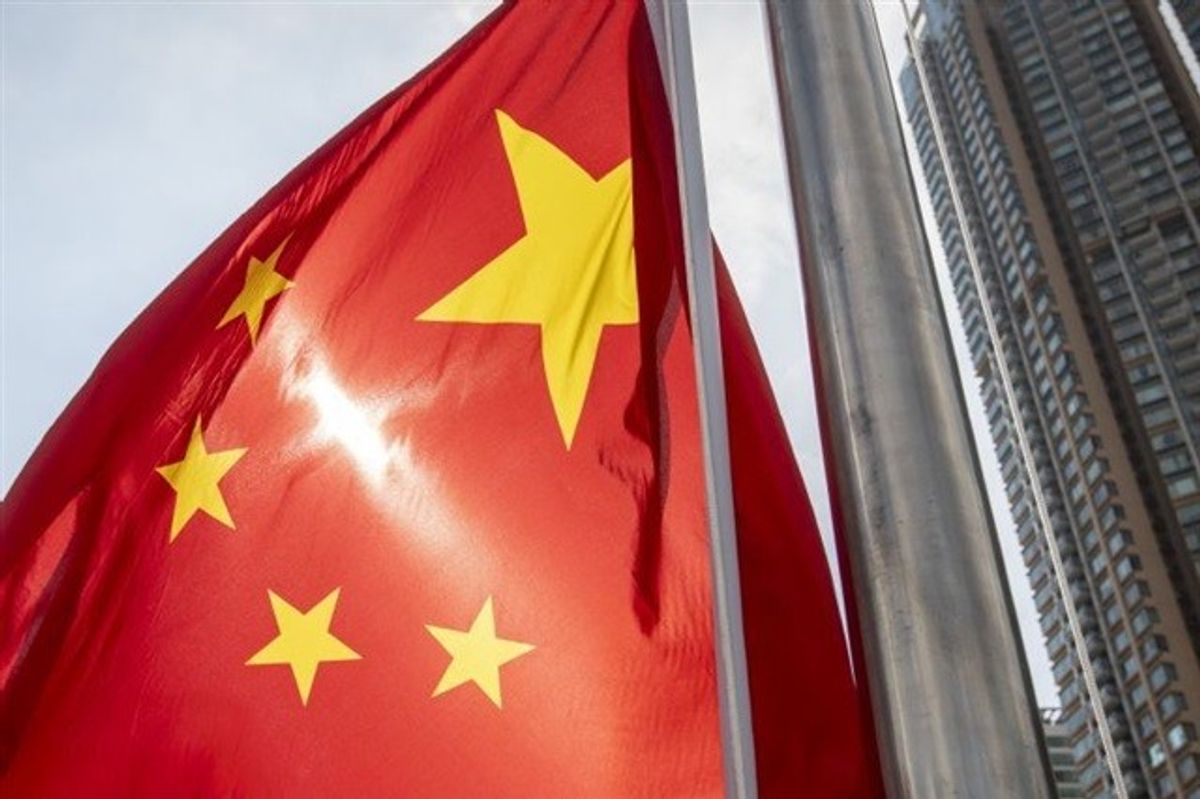China launches major local govt debt swap to boost struggling economy
China’s local govts face a growing debt burden of $5.6 trillion, per Beijing, sparking concerns over economic stability; IMF estimates it at $8.4 trillion
AFP
News Agency Partner
AFP is a renowned international news agency, delivering comprehensive and reliable reporting on global events, trends, and issues.

China on Friday unveiled some of its most ambitious plans in years to lift local government debt, following a meeting of lawmakers eyeing the possibility of intensified trade tensions with US president-elect Donald Trump.
Local governments in China face a ballooning debt burden of $5.6 trillion, according to Beijing, raising worries about wider economic stability.
The International Monetary Fund (IMF) put the figure at $8.4 trillion last year.
Policymakers who gathered in Beijing this week voted to swap hidden debts -- defined as borrowing for which a government is liable, but which is not disclosed to its citizens or to other creditors.
The local government debt limit will be raised by six trillion yuan ($840 billion) which will be used to replace existing hidden debts, freeing up space for local governments to better develop the economy and protect people's livelihood, state broadcaster CCTV said.
The move was taken after "fully considering the international and domestic development environment, ensuring the smooth operation of the economy and finance," finance minister Lan Fo'an told a press conference in Beijing.
"Since the beginning of this year, some new situations and problems have arisen in economic operations," he admitted.
'Cheaper debt'
The debt ceiling will be raised every year from 2024 to 2026, with a total of $558 billion of hidden debt that can be replaced, Lan explained.
And $112 billion "will be arranged from new local government special bonds every year for five consecutive years to supplement government financial resources", he added.
Lawmakers also approved a new energy law to promote carbon neutrality, as Beijing moves ahead with its pledge to decarbonise its economy by 2060.
Zhiwei Zhang, the chief economist at Pinpoint Asset Management said the debt swap "is an important policy measure which helps local government to alleviate their debt burden".
But the programme was unlikely to be enough to "greatly release spending power of local governments", Rhodium Group's Allen Feng warned.
"The debt is not gone," he told AFP. "It's cheaper and easier to roll over... but it's not a gamechanger."
Taking stock of Trump
Officials were this week keeping close tabs on the US vote as they gathered in the Chinese capital for a meeting of the country's top lawmaking body.
Trump has promised punishing tariffs on Chinese goods that threaten further grief for the world's second-largest economy, which is already grappling with a prolonged housing crisis and sluggish consumption.
Observers say Beijing could seek to cushion that blow with a long-awaited "bazooka stimulus" for the economy.
This week's meeting, originally scheduled for late October, was likely pushed back to allow "policymakers a chance to address a possible Trump win", Lynn Song, chief economist for Greater China at ING, said.
"In our view, the odds for a larger policy support package will rise somewhat with a Trump victory," he added.
Trump's victory is "not necessarily bad for China as this may 'pressure' Beijing for a bigger stimulus", Qi Wang, CIO of UOB Kay Hian Wealth Management, said on X.
Beijing began to unveil a raft of measures in September aimed at boosting economic activity, including rate cuts and the easing of some home purchasing restrictions, but analysts have bemoaned the lack of detail so far.
'Turning point'
Trump's re-election provides a need for greater urgency, experts say, though caution may still prevail as officials try to avoid piling on more government debt.
"Any potential stimulus size may be bigger, but so is the pressure," Gary Ng, senior economist at Natixis, said.
"The market may still not get the economic boosters it wants," he warned.
In Beijing on Friday, workers expressed cautious optimism about the future of the economy.
Han Xi, a 32-year-old man from Shanxi province in northern China, began a new auditing job in Beijing this week after resigning from his previous company in April.
"I have sent out resumes during this period, but you can see it takes more than half a year to get a new job," Han told AFP, adding that "many companies are laying off employees right now".
"Even though we're still in a downturn cycle, I think we are close to the turning point, though we haven't quite reached it yet."









Comments
See what people are discussing